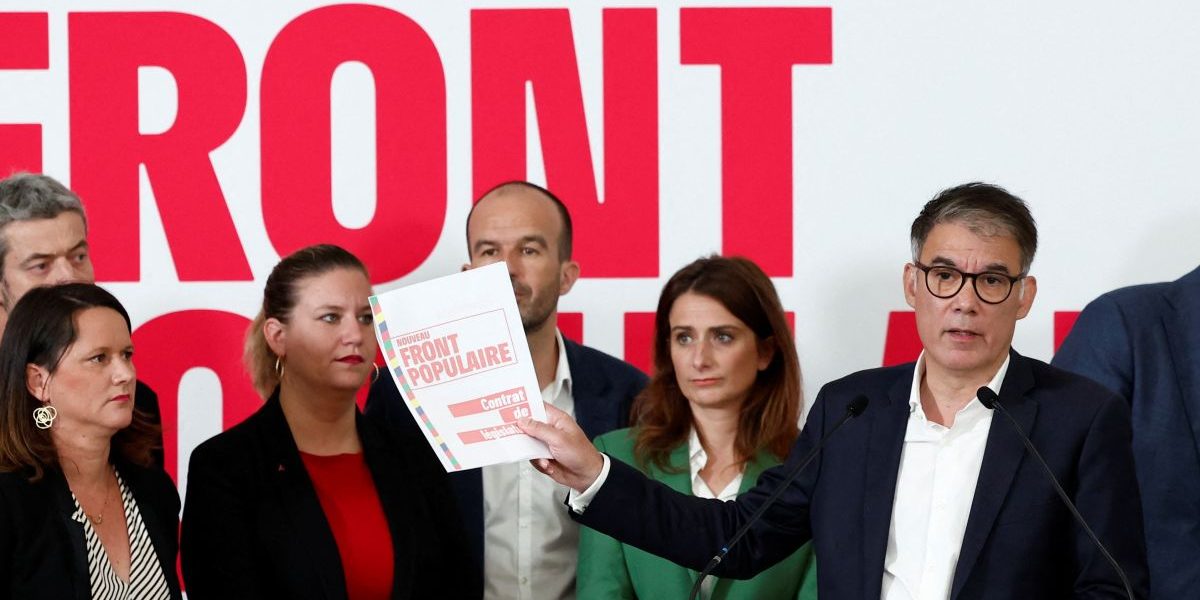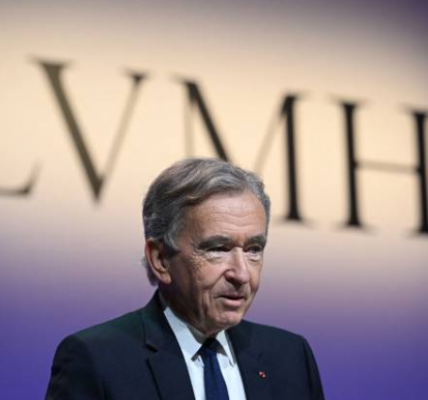Due to the historical dissolution of the French assembly on June 9th, a new dynamic has taken place at the Bourbon Palace. With the recent legislative elections, the French have chosen new deputies for their parliament. The left coalition, Nouveau Front Populaire (NFP) gained the most seats, leaving them with the power to choose a new prime minister. Since President Macron has made it clear that he will not approve any candidates for this role before the end of the Paris Olympics, the Hexagon and its investors will have to adapt to this political uncertainty for the next few months.
The elections have already impacted France’s economy. The value of CAC 40, the stocks of the 40 largest French companies such as LVMH, and Airbus took a sharp fall early this month. To better understand why the legislative elections spurred such anxiety and why enterprises are wary of NFP’s economic program, it is important to understand what changes will result from the current policies.
Many have criticized Macron as a “president of the rich”. This is rooted in Macron’s reforms that replaced the ISF, a progressive wealth tax where those with a net estate of 1.3 million euros or more, into a flat tax of 30% on revenue along with the IFI, a progressive real estate tax. This policy aimed to increase investment and keep the rich from relocating. Although whether the ISF reform encouraged investments is uncertain, France has kept its place as Europe’s number one destination for foreign investment since 2019 according to the EY report in 2023.
However, NFP’s economic program holds a significantly different stance regarding taxation and other financial measures. The left coalition including far-left parties such as LFI, has announced that within 15 days they aim to increase the minimum wage from 1400 euros to 1600. This would seriously impact companies since their personnel expenses would increase and thus could potentially lead to fewer job opportunities. If this situation were to occur, it would create systematic unemployment, stunting French economic growth. The left coalition has announced that their estimated cost for their economic program at 25 billion euros this year which la Fondation IFRAP estimates will lead to a 20% increase in taxes. To make up for their large expenses, NFP plans to re-implement ISF. This alarmed enterprises as well as rich individuals who have stayed in France due to the benefits of Macron’s policy since 2018. Without fiscal benefits, France risks the ultra-rich relocating to avoid high taxation. This would not only decrease the potential amount of government funds but also would shrink the investor pool.
All eyes are on the French government regarding not only the aftermath of the elections but also the Olympic games taking place in Paris. As investors hold their breath, French citizens await to see how the new parliament will guide the country through such uncertainties and political instability.






